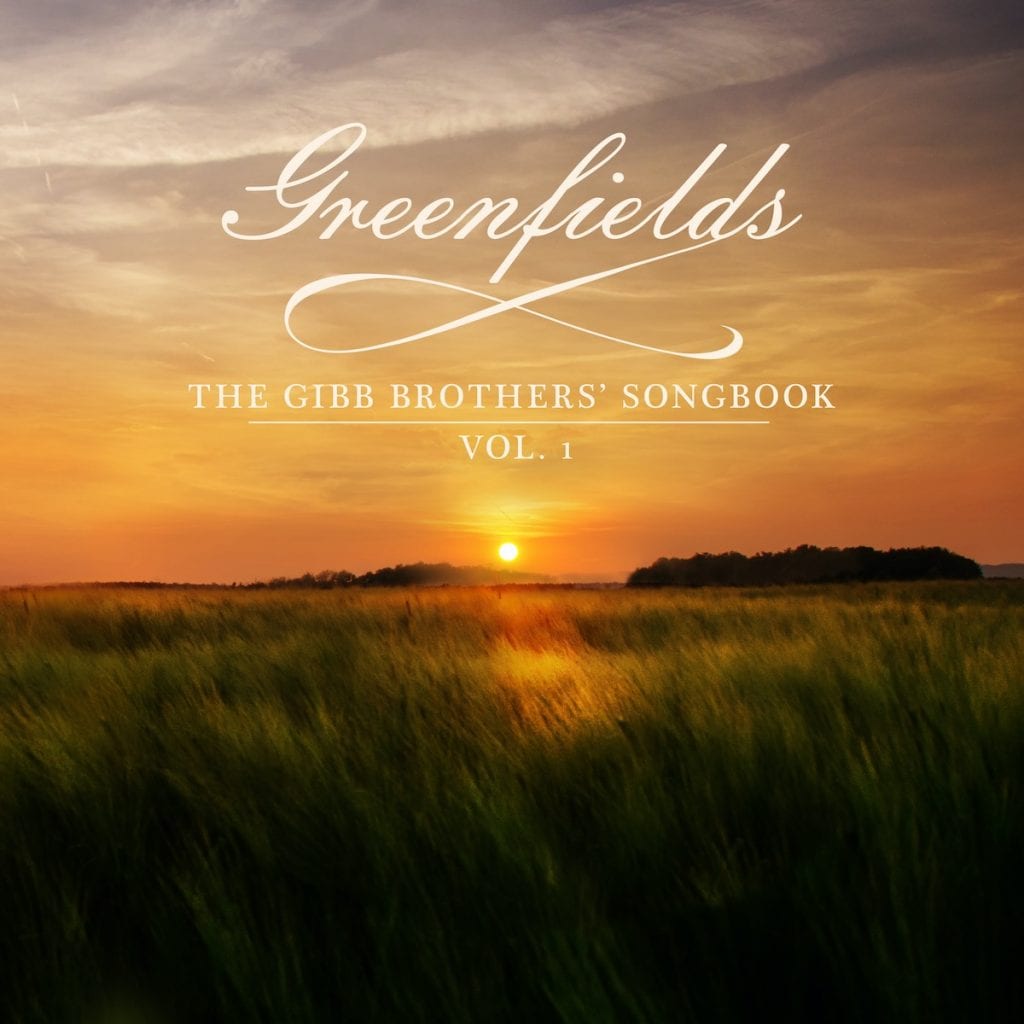Barry Gibb Reimagines Classics and Deep Cuts through Collaboration on ‘The Gibb Brothers Songbook’

Sir Barry Gibb is staying alive with this album of collaborations with country, bluegrass, and Americana artists. Of course, many of the Bee Gees’ early songs flow as gently as a country stream, so his reimagining of some of those classics, such “I’ve Gotta Get a Message to You” and “Words,” with a country pop vibe comes naturally. Some of the Bee Gees’ disco songs, such as “Jive Talkin’,” don’t work quite as well; even so, Greenfields traipses pleasantly in fields of nostalgia, turning now and then down a few less-traveled paths that contain delightful surprises.
The album opens with piano rolls that recall Floyd Cramer’s sound on “I’ve Gotta Get a Message to You,” which features Keith Urban trading vocals with Gibb. With the swelling strings, this version comfortably resembles the original, and it grabs the emotions, just as the original did. Alison Krauss’ soaring phrasing turns “Too Much Heaven” into a Philly soul number that floats over a sensuous jazz lounge take on the tune, while Gibb’s trademark falsetto opens “How Can You Mend a Broken Heart” before Sheryl Crow’s spare, Judy Garland-like vocal joins in.
Jay Buchanan’s gravelly take on “To Love Somebody” misfires with its faux-soul rock treatment, while Buchanan’s and Miranda Lambert’s artificially slowed down “Jive Talkin’” rumbles along like a broken-down mechanical bull pleading to be put out of its misery (though in her best moments on the song Lambert does channel Kim Carnes and Chi Coltrane).
Highlights of the album include Gillian Welch and David Rawlings’ airy, shimmering musical flight on the deep cut “Butterfly,” whose opening line — “green fields / in which we used to wander” — gives the album its title, and Dolly Parton’s tender vocal phrasing on “Words.” Gibb’s and Parton’s duet, floating above a flowing steel guitar, captures perfectly the song’s poignance.
While there are no surprises on the Dave Cobb-produced Greenfields, the versions that Barry Gibb and his friends deliver here remind us of Gibb’s evocative songwriting skills, and the best of the songs encourage us to listen once again, or for the first time, to the Bee Gees’ originals.


